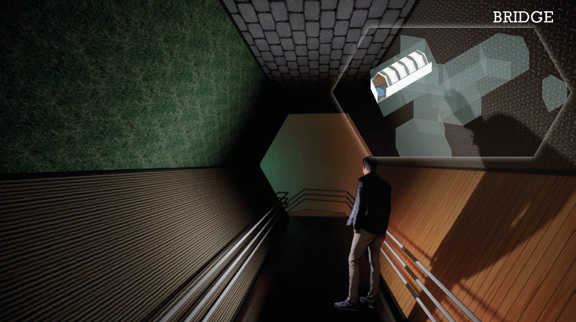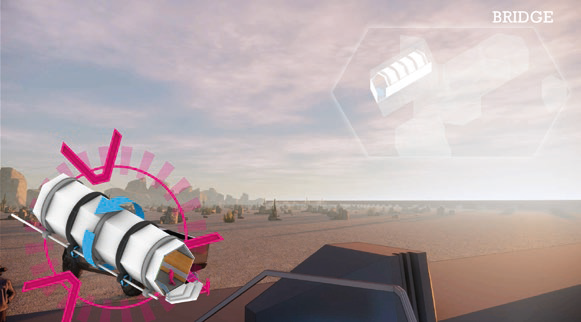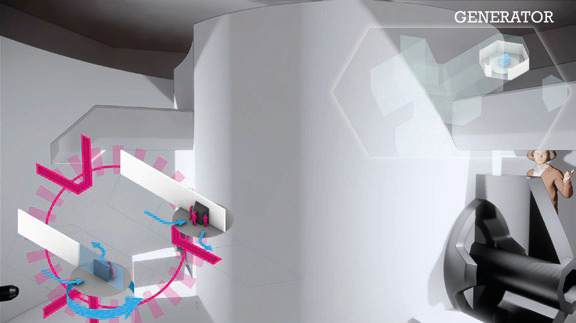LST-2 (licht spiel theater - 2)
developing a typology for contemporary entertainment
Gaming has arrived in the middle of society as a dominant culture. Due to its possibility and necessity of user interaction, gaming offers a dialogic experience - and therefore the possibility of experiencing individual stories. By changing the programme at different times, the LST-2 building remains adaptive and offers not only the chance to experience the same game several times in different ways, but also to play completely different games on different days - on the same playing field.
LST-2: User Groups
URBAN ENCOUNTER
The urban gamer stays largely in the surrounding area and in the immediate urban environment of the LST-2. A rhizome-like network of paths was established due to numerous overlapping purposes.
RANDOM ENCOUNTER
By glimpses into the building as well as by digitally generated glimpses into the gamespace, the random encounter is invited to enter the building and to transform from spectator into player.
E-SPORTS FAN
The E-sports fan comes to LST-2 with one explicit objective: to watch and cheer on professional players at a special event on the playing field. For this purpose, loops lead through the building on different levels and provide insights into the digital gamespace at particularly attractive points.
LST-2: Architectural Design
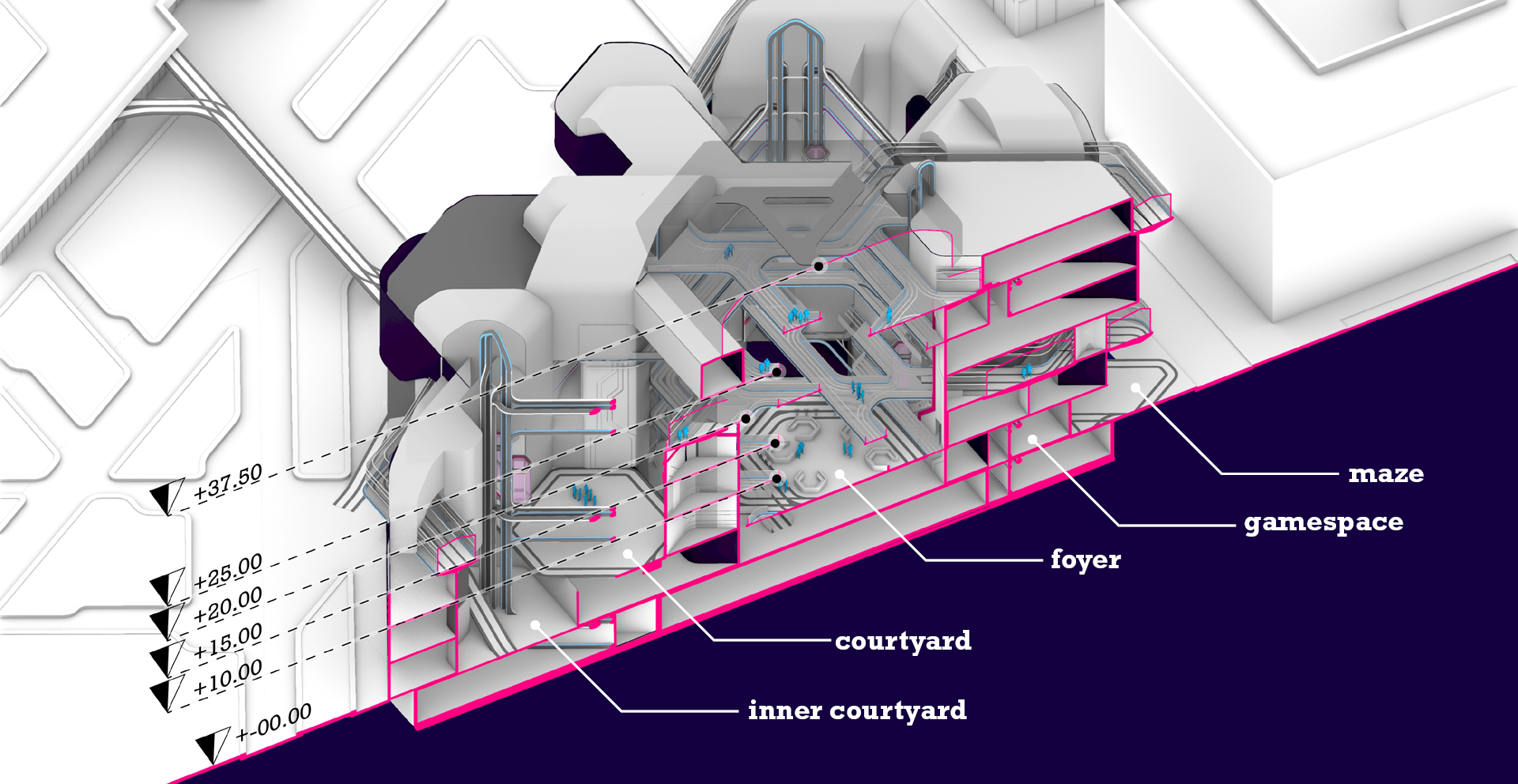
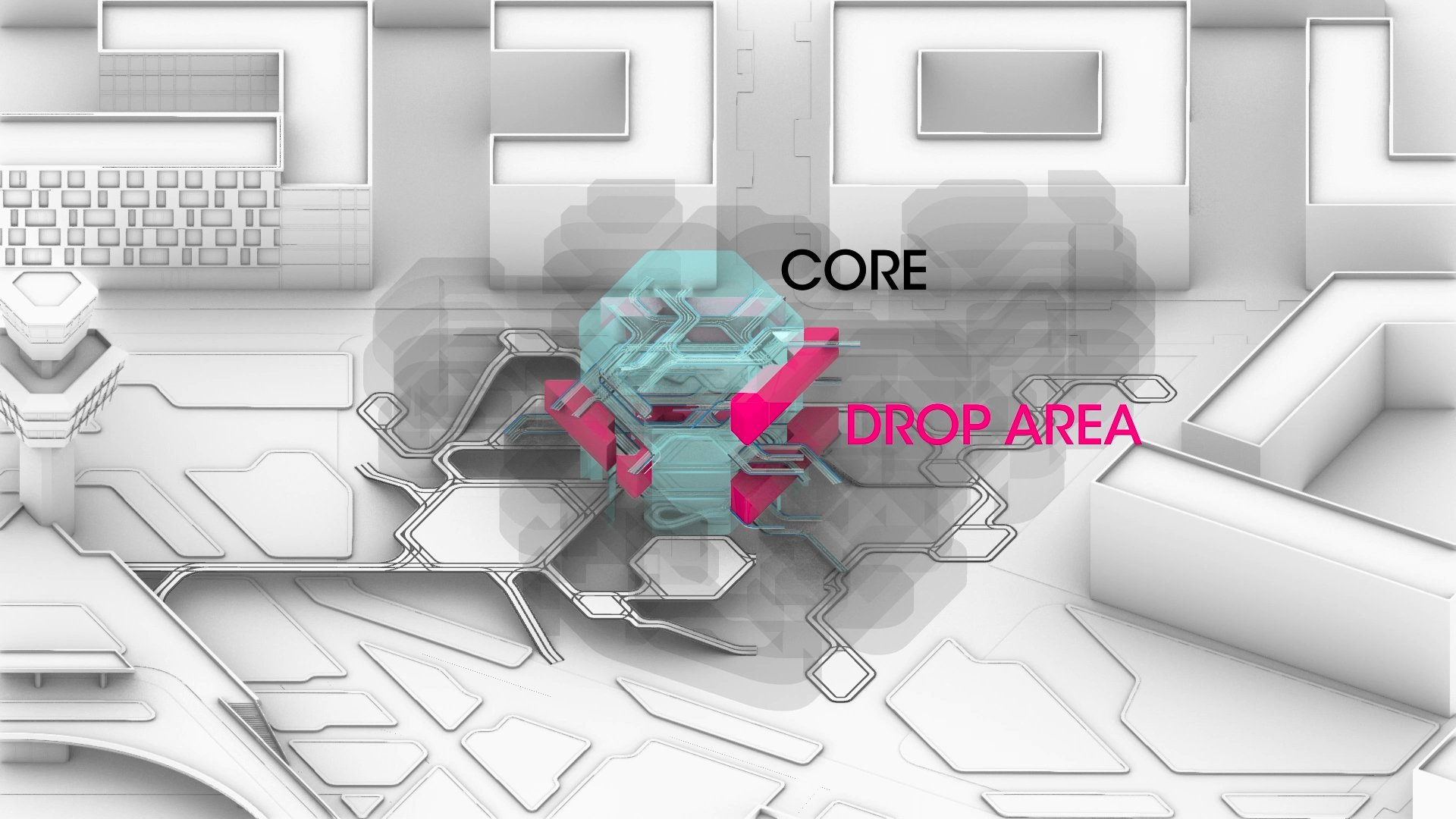
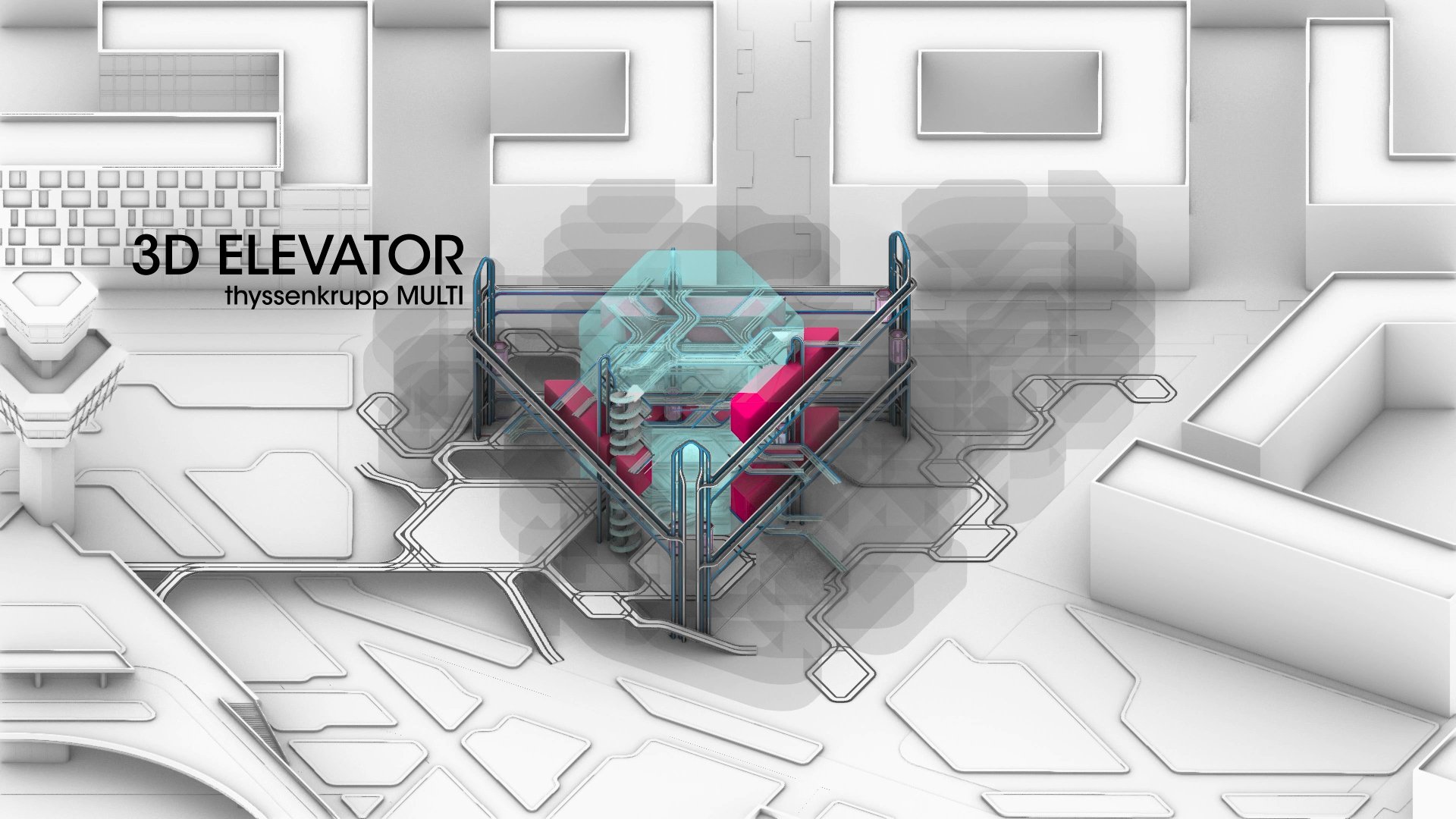
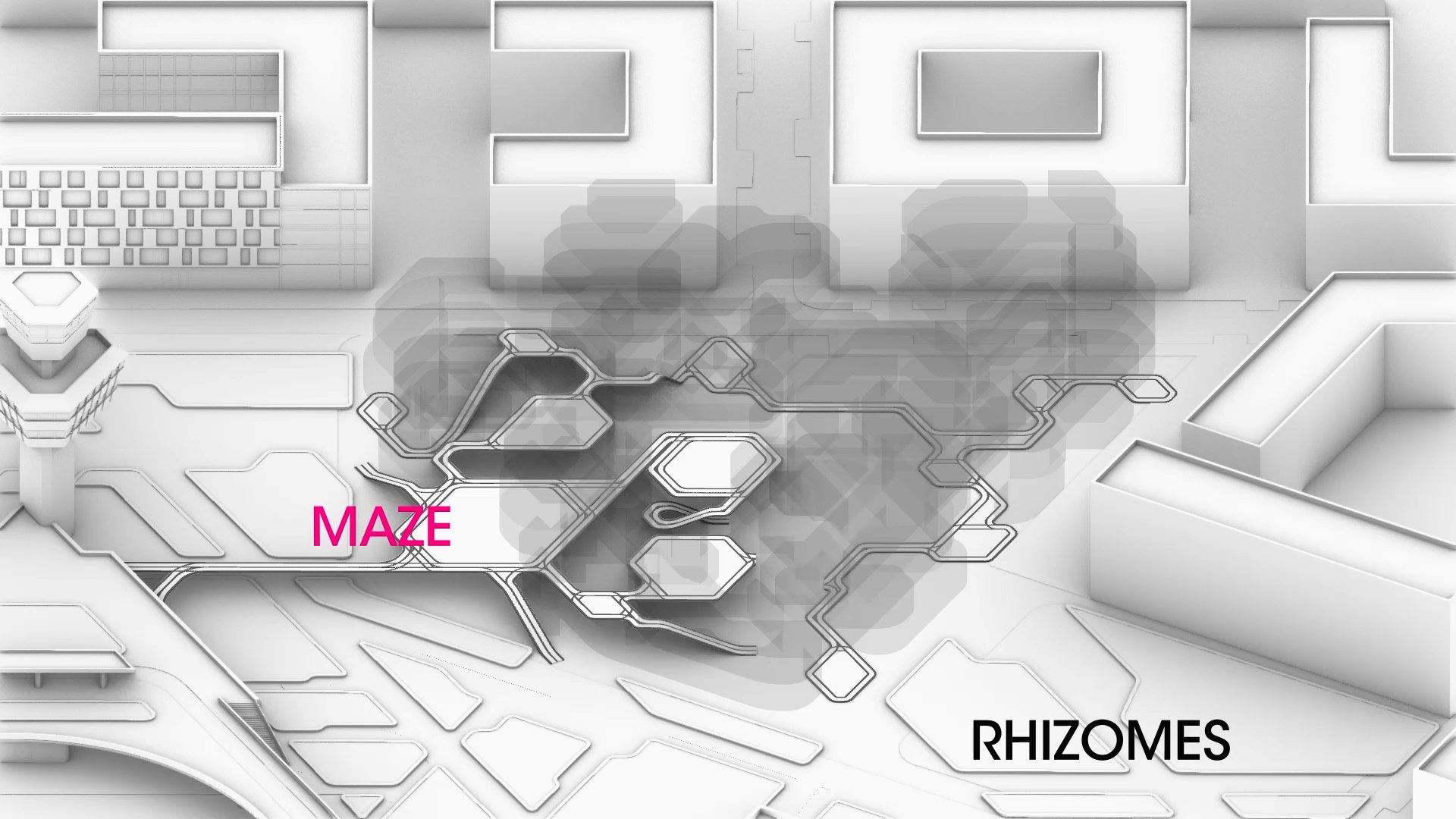
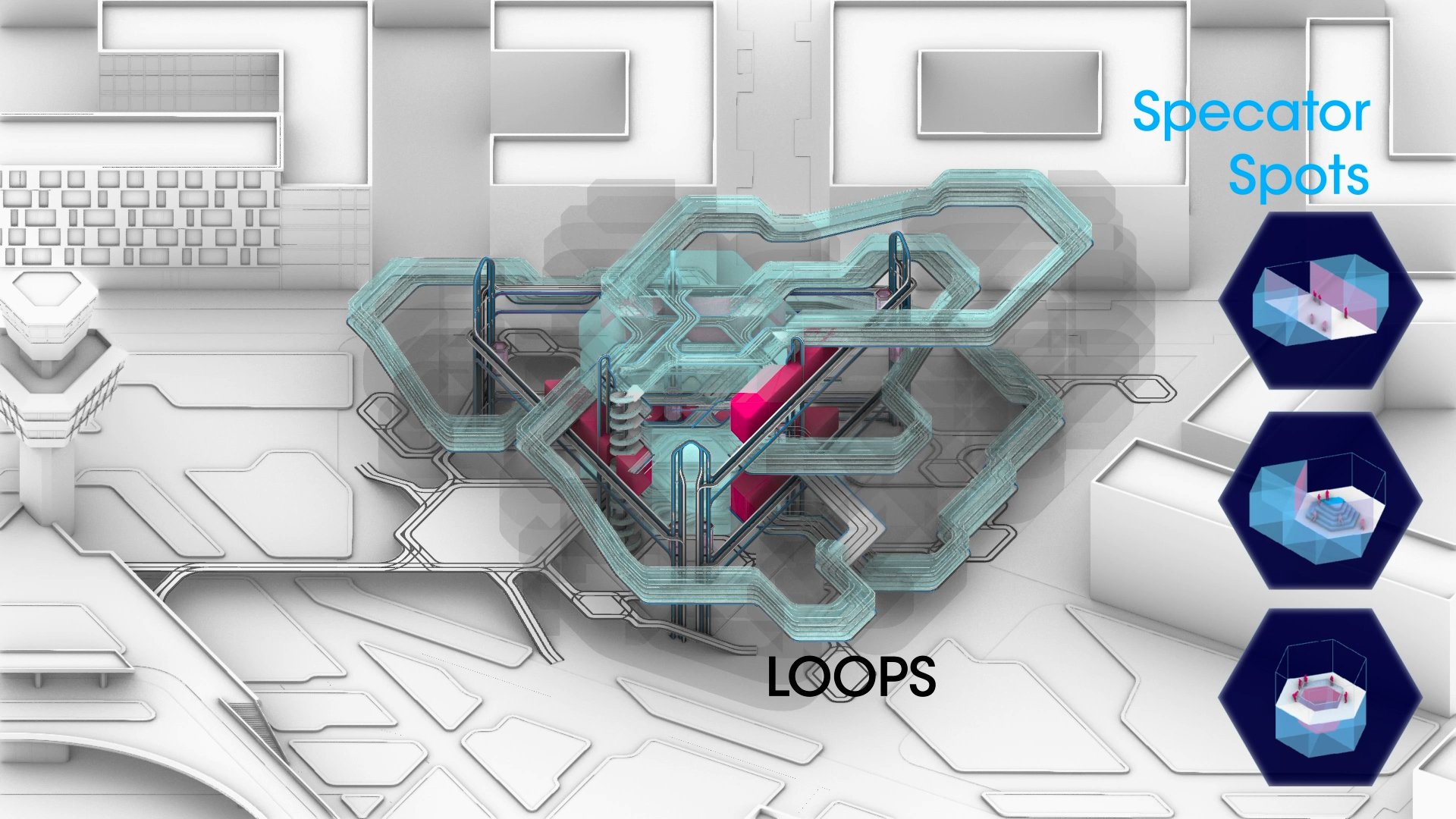
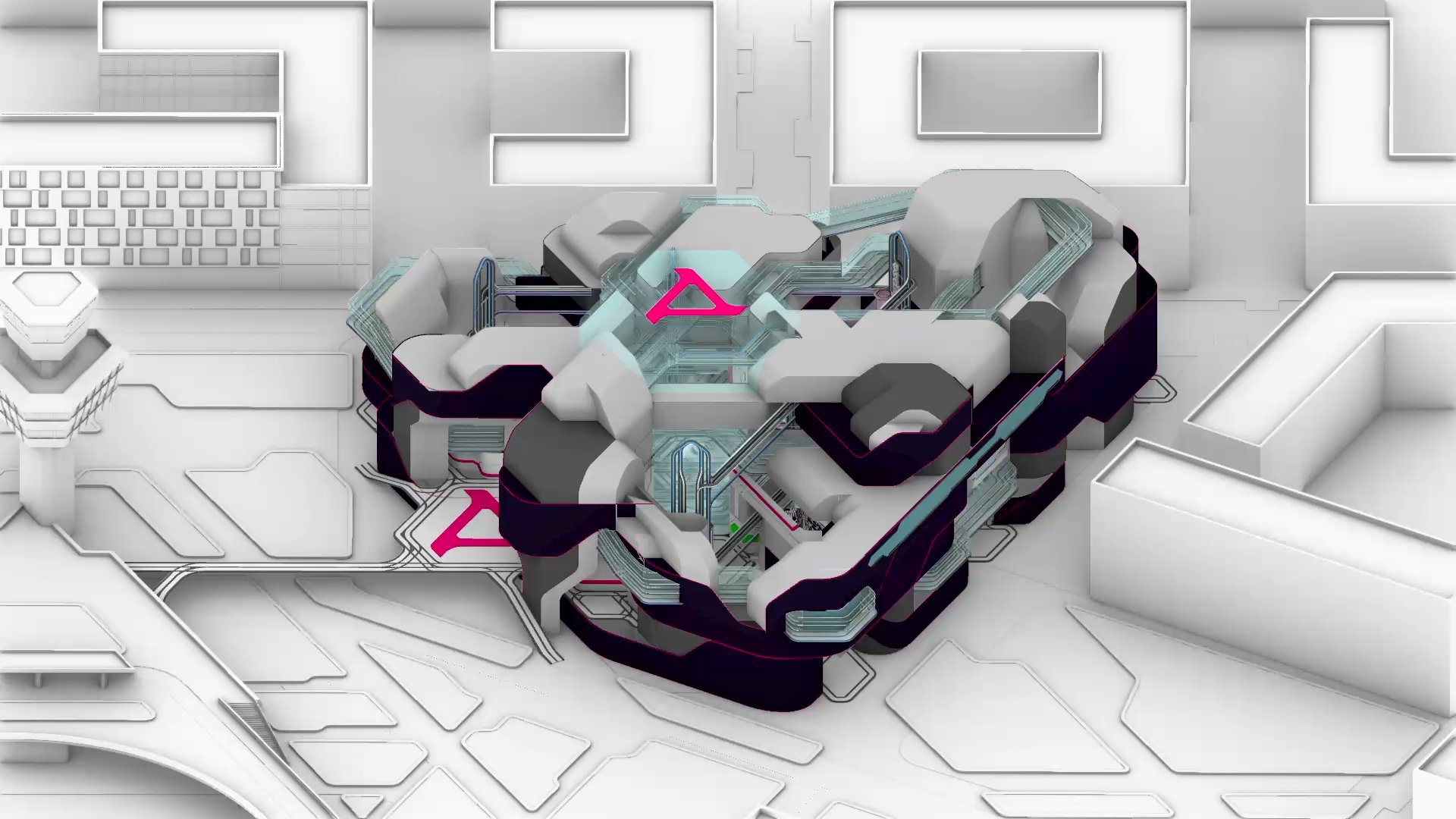
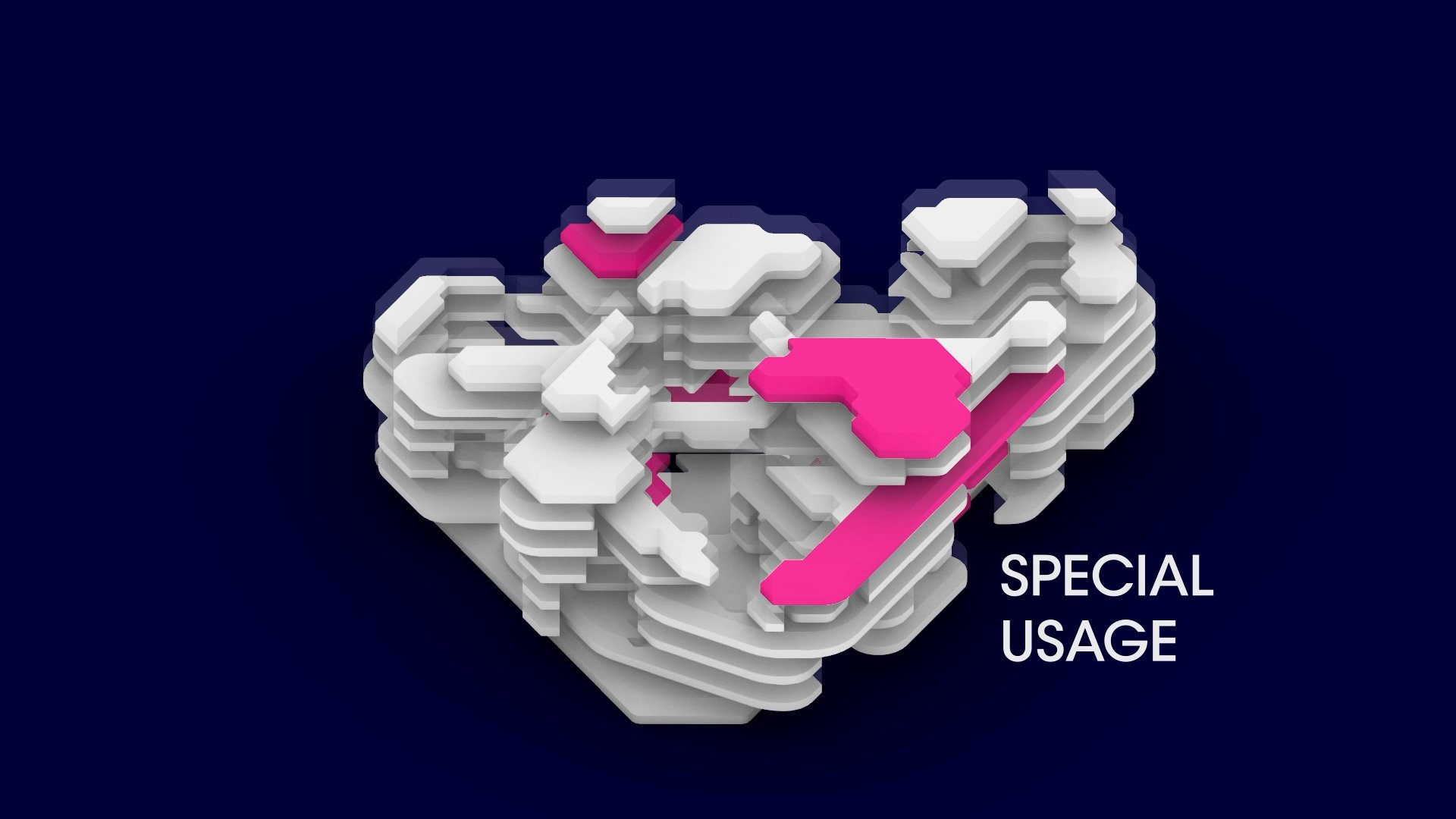
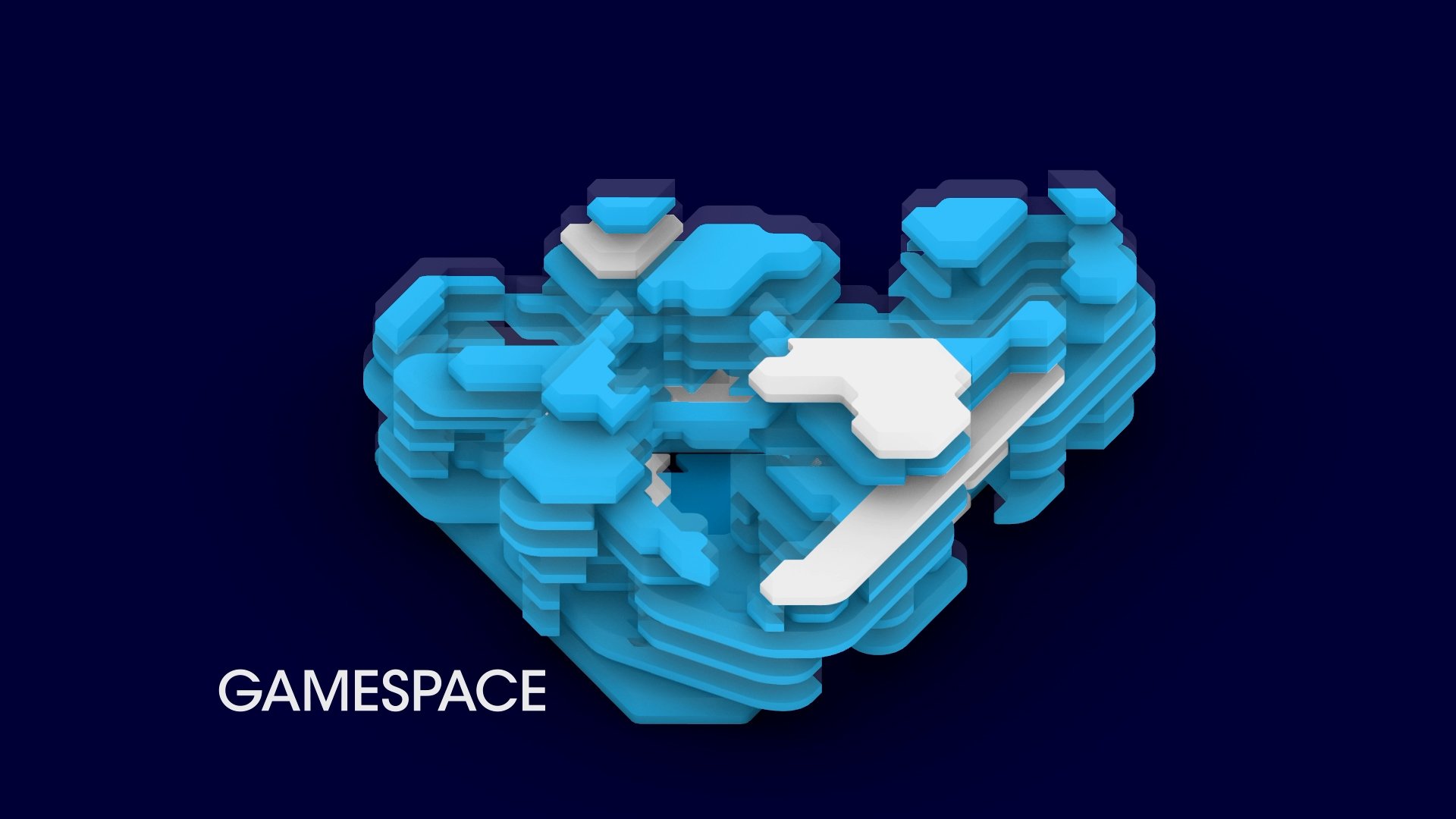

LST-2: Gamespace + Assets
GAME PROTOTYPE
To proof the concept, the first level of an AR Game for the LST-2 called »Bioshok Apocalypse« was developed. The aim is to display the various settings, interaction possibilities and situations the Gamespace offers - from the use of fast vehicles to breathtaking views.
ASSETS
Hybrid architecture contains digital and physical elements. However, these only unfold their full strength through the interaction of both parts. The possibilities of digital enhancement of the space are created by hybrid machines that change the sensory perception of the viewer to create a holistic augmented reality. The result is a huge game world within the smallest space.
